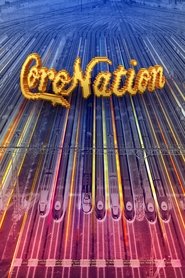
2020 star_border 6.6
playlist_add 
2017 star_border 6.8
playlist_add 
2016
playlist_add 
2015
playlist_add 
2015
playlist_add 
2014
playlist_add 
2014
playlist_add 
2014
playlist_add 
2013
playlist_add 
2013
playlist_add 
2013
playlist_add 
2012
playlist_add 
2012
playlist_add 
2012 star_border 5
playlist_add 
2012
playlist_add 
2012
playlist_add 
2012
playlist_add 
2012
playlist_add 
2010
playlist_add 
2010
playlist_add Show more
expand_more